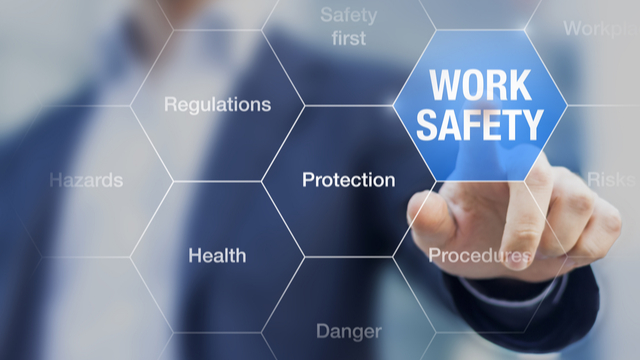In the aftermath of the Astroworld music festival gone wrong, event organizers are reconsidering the safety risks at large events. Live Nation and other organizers of the Houston festival are facing numerous lawsuits based on injuries and deaths caused by the failure to host the concert safely. Organizers’ awareness of the risks presented at the event and failure to comply with industry safety standards will likely have a detrimental effect on the pending litigation. Here are a few takeaways for employers.
Learn and Comply with OSHA Standards
Well before the concert catastrophe took place, Live Nation was aware of problems at past events. The entertainment company and its subsidiary were cited by the Occupational Safety and Health Administration (OSHA) each year from 2016 until many large events ceased because of the 2020 pandemic. The companies faced penalties amounting to thousands of dollars for violations such as inadequate accident and heat illness prevention plans as well as equipment maintenance.
Despite the many violations and penalties, Live Nation continued placing profits over the safety of their employees and consumers. The Houston Chronicle reported Live Nation companies have been responsible for 200 deaths and at least 750 injuries since 2006. The history of past violations, deaths, and injuries will bolster litigation establishing it was aware of safety and security issues with its event productions.
Identify and Mitigate Industry-Specific Risks
Crowd surge is a well-known risk at concert events because of large crowds in standing-room-only areas moving toward the stage, threatening lives on many occasions. Despite awareness within the industry, Astroworld organizers didn’t include crowd surge response plans in their event operations plan.
Performer and event organizer Travis Scott should have been aware of the risks because of dangerous conditions at past events. Festivalgoers were injured in a stampede at his first Astroworld Festival in 2019. He also was accused and convicted of crimes related to encouraging fans to engage in risky behavior in 2015, 2017, and 2018. Paradocs Worldwide, the medical safety organizer for the event, also has a track record of litigation related to dangerous conditions at concerts that led to deaths.
The refusals to acknowledge and prepare for the safety risks presented at the Astroworld festival put concertgoers and the many employees staffing the event at risk. Other industries can learn from the failure and take steps to mitigate risks such as injuries from slips and falls, moving heavy objects, burns, hearing damage, working at heights, or chemical exposure.
Properly Classify Employees
Although injured festivalgoers will have to litigate their cases against the organizers, employees hired by the companies to work at the concert may be able to resolve their claims quickly under workers’ compensation laws, which provide money for medical costs of workplace injuries through insurance plans. While Texas doesn’t require all employers to subscribe to workers’ comp plans, more than 70 percent of employers do. The laws prohibit employees from suing insured employers for work-related negligence claims.
Remember, Texas workers’ comp typically doesn’t cover independent contractors. Therefore, assessing who is a contractor versus an employee in the state is important for most companies.
Jacob M. Monty is an attorney with Monty & Ramirez LLP in Houston, Texas. You can reach him at jmonty@montyramirezlaw.com.

